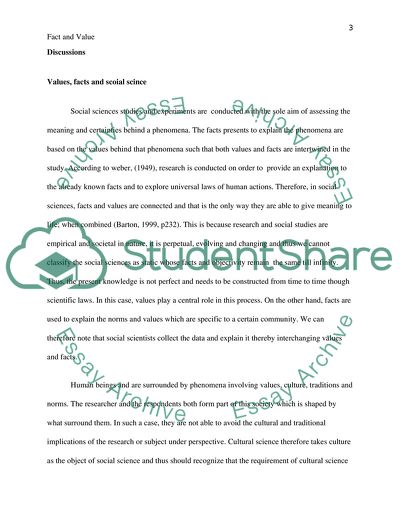Cite this document
(Fact and Value Term Paper Example | Topics and Well Written Essays - 4000 words, n.d.)
Fact and Value Term Paper Example | Topics and Well Written Essays - 4000 words. https://studentshare.org/sociology/1821464-fact-and-value
Fact and Value Term Paper Example | Topics and Well Written Essays - 4000 words. https://studentshare.org/sociology/1821464-fact-and-value
(Fact and Value Term Paper Example | Topics and Well Written Essays - 4000 Words)
Fact and Value Term Paper Example | Topics and Well Written Essays - 4000 Words. https://studentshare.org/sociology/1821464-fact-and-value.
Fact and Value Term Paper Example | Topics and Well Written Essays - 4000 Words. https://studentshare.org/sociology/1821464-fact-and-value.
“Fact and Value Term Paper Example | Topics and Well Written Essays - 4000 Words”. https://studentshare.org/sociology/1821464-fact-and-value.


